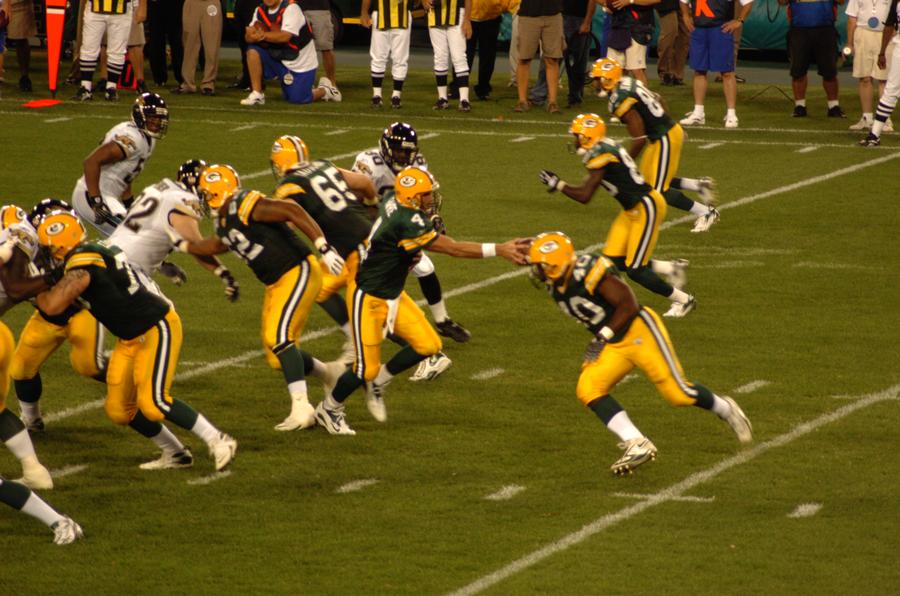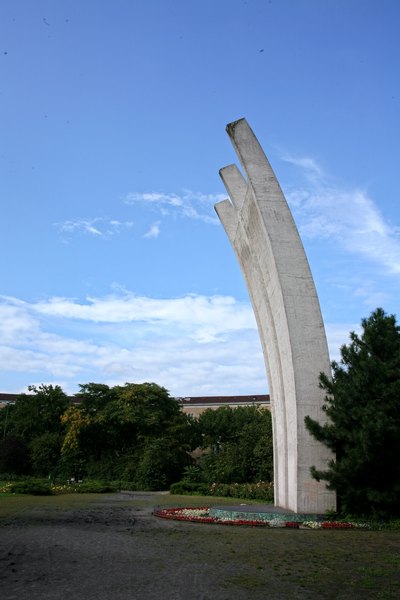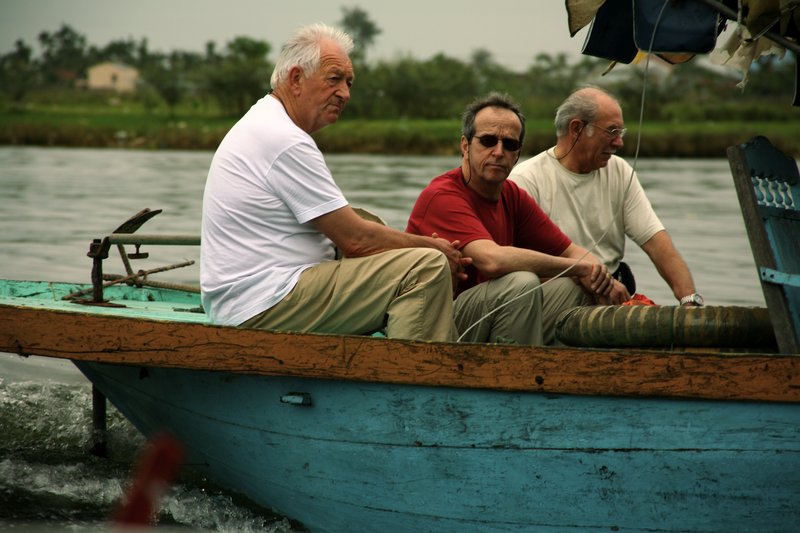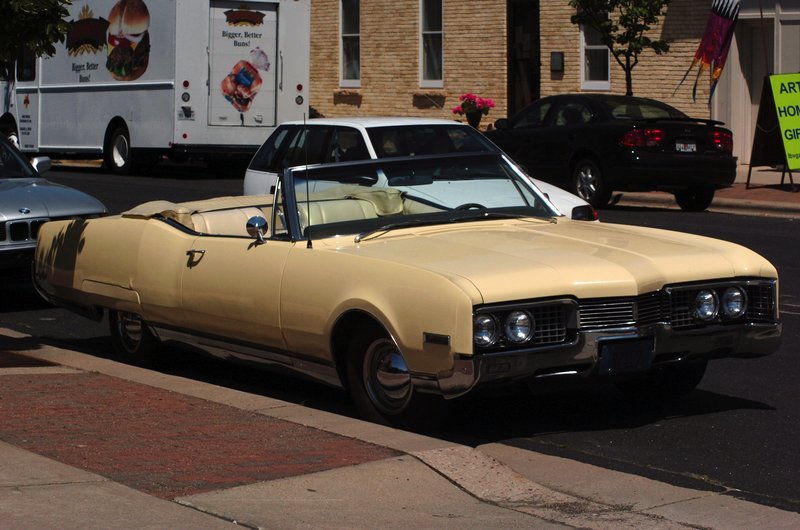Category: Photography
Merci Pour Les Roses :)

One of my favorite recent photos, taken in the 5th – Paris.
Henri Cartier-Bresson Photos
Today would have been the 99th birthday of Henri Cartier-Bresson, a co-founder of the Magnum Photos cooperative agency and one of the foremost photographers of our time. Magnum and Slate present some of his most memorable work, alongside portraits of the master photographer himself. Click here to read his biography on the Magnum site.
An Evening with the Green Bay Packers and Jacksonville Jaguars at Lambeau Field

A few observations after my first Packer game in 24 years:
- Lambeau Field, like all modern sports facilities is designed to extract the maximum amount of cash from visitors. $8.50 burgers and $5.50 pizza slices.
- Bottled water ($3) is delivered with the caps removed because “people are throwing them on the field”.
- The game was fun to watch, despite the outcome.
- People watching was nearly as interesting as the game.
Many photos, here.
Dollar Diplomacy: How much did the Marshall Plan really matter?

Berlin Airlift Memorial at Tempelhof Airport U-Bahn Platz der Luftbrucke 52.484141 13.387412
t was “the most generous act of any people, anytime, anywhere, to another people,” its chief administrator declared. It was “among the most noble experiences in human affairs,” its representative in Europe said. It was “the most staggering and portentous experiment in the entire history of our foreign policy,” the young Arthur Schlesinger, Jr., who served on its staff, wrote. Foreigners concurred. It was “like a lifeline to sinking men,” according to the British Foreign Secretary Ernest Bevin. It “saved us from catastrophe,” a manager at Europe’s largest tire factory declared. Sixty years after Secretary of State George C. Marshall outlined the need for economic aid to stimulate European recovery, in a speech at Harvard University’s commencement on June 5, 1947, the plan named after him continues to be fondly remembered in donor and recipient countries alike. In our own time, liberal internationalists have periodically called for new Marshall Plans. After the collapse of Communism, some economists maintained that the former Soviet Union was in need of one. More recently, there has been desultory talk of Marshall Plans for Afghanistan, Iraq, and even the West Bank and Gaza. When critics lament the allegedly modest sums currently spent by the American government on foreign aid, they often draw an unfavorable contrast with the late nineteen-forties. Yet some people, at the time of its inception and since, have questioned both the Marshall Plan’s motivation and its efficacy. Was it really so altruistic? And did it really avert a calamity
Turkeys in the City


Trotting around Madison’s West Side earlier today.
All City Swim 2007 Photos
Vietnam Faces
 This is an interesting image, taken from a slow boat on the Thu Bon River, just south of Hoi An, during a recent trip to Vietnam.
This is an interesting image, taken from a slow boat on the Thu Bon River, just south of Hoi An, during a recent trip to Vietnam.
Australians, Americans? What might be on their minds – the War, friends, travel? Their faces seem to imply many, many words. A few more notes and links on Vietnam can be found here.
Beautiful Turkey VR Scenes

Keith Martin posted some beautiful VR scenes from Turkey.
Olds 98 Convertible


Classic barge: The Oldsmobile 98 Convertible.


